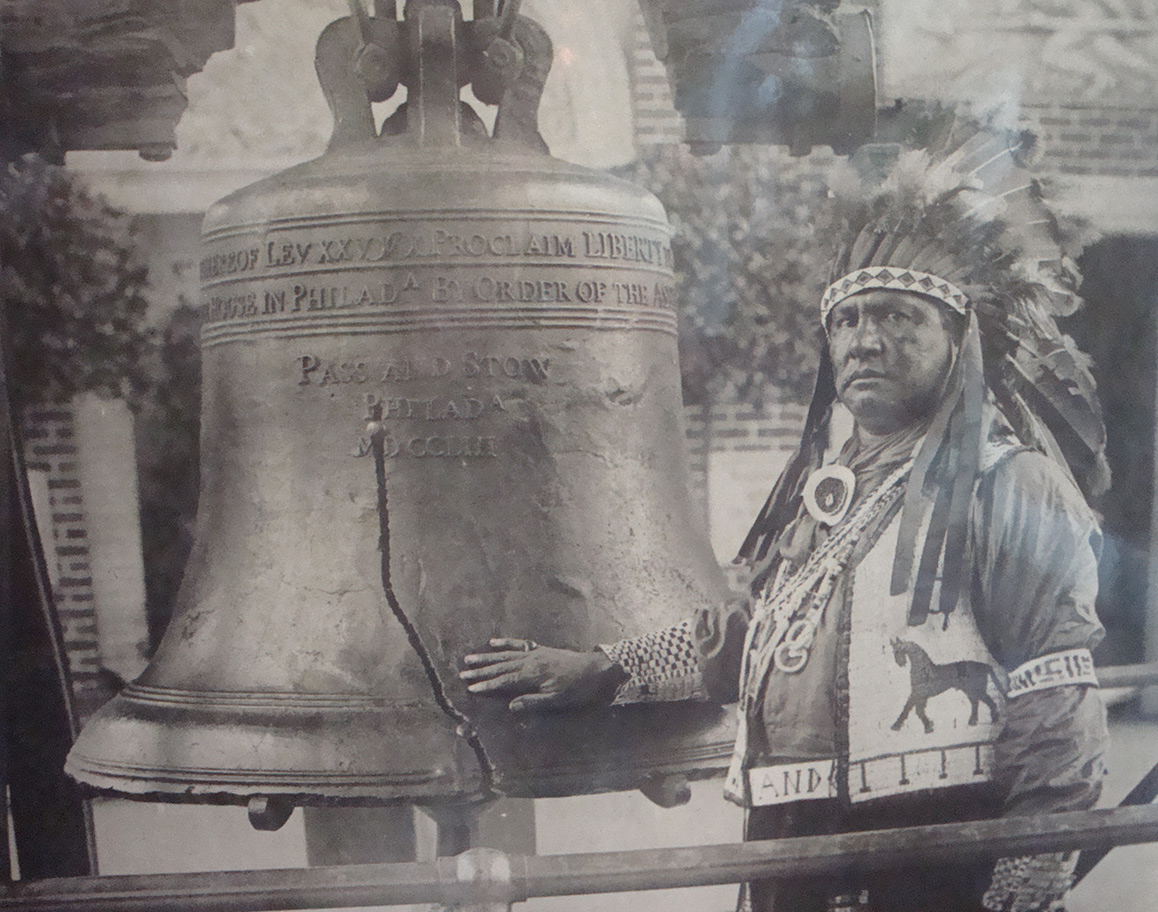We Believe
- That William Penn’s governing principles can inform the difficulties societies face in modern times.
- That William Penn’s story is not exclusively about him, Pennsylvania, or America.
- That Penn’s interaction with Native Americans is what testifies for and against the Seed of a Nation.
- That his constitution which Jefferson hailed, and which the liberty bell celebrates, is only a lifeless memorial if “weapons” are used against opposition (actual weapons or hidden agendas).
- That his values of love, consent, openness, and a refusal to advantage oneself over another is what nourishes the Seed of a Nation (of any nation).
- That the Seed of a Nation is not a claim for a Judeo-Christian nation, which would, in effect, exclude a large segment of society and make the gospel immoral by its own terms.
Values in Tension
Penn’s government departed from those of historical and contemporary empires and changed the trajectory of humanity for a window of time. Had the world been ready or able to build on his example of love and respect many of the abuses of civil society could have been checked. We believe his story informs how civil liberty, religious liberty, and radical inclusion work together.
City of Brotherly love
Penn established his “City of Brotherly Love” a century before the American Revolution, before there was the thought of an independent American nation, and before men like Thomas Jefferson, Benjamin Franklin and George Washington took their place in our minds as America’s Founding Fathers. However, in Penn’s mind the success of this nation was much more than political evolution or prosperous communities.
A Nation With a precedent
Penn grasped the story of humanity in ancient and modern times where governmental authorities justified abuse and bloodshed in the name of religion order to establish themselves. It was also a time in history where society hadn’t found reason to accommodate difference, much like our times. Penn hoped his experiment in government would reverse this trajectory. Laws and constitutions were mere expedients--charity charity and the common good were to be driving operating principles. The beauty of his story is how he authenticated his hopes through his relationship with Pennsylvania’s indigenous population.




